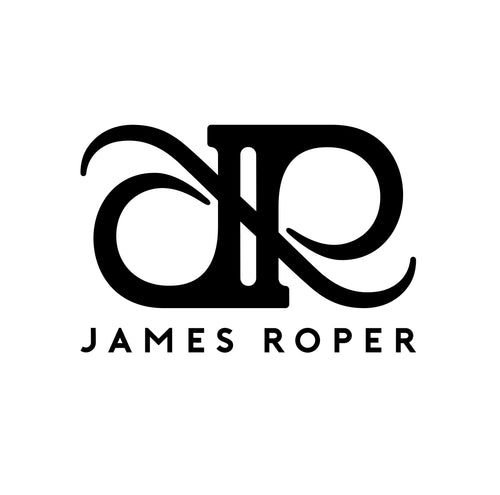Picasso was a womanizer. Pollock was a drunk. Van Gogh died alone and penniless. Warhol was obsessed with fame. Great artists? Of course. But they were never role models to aspire to. Not for me anyway. Looking at how they lived, beyond the canvas, left me confused and uncertain of what it was I needed to do and be, for me to make it as an artist.
My art school tutors may have given me the much needed freedom to express myself, but that wasn't nearly enough to help me become the artist I am today. The artwork seemed to be their singular concern, not once was I informed about how to talk with potential collectors, fill in my tax self-assessment, build a website, produce prints, or even deal with the mental health issues that tend to come hand in hand with painting in a studio, on your own, for numerous hours on end. Knowledge about what it truly involves to be an artist, not just how to make art.⠀
Art school to me felt like a tired ghost of the YBA model that was developed at Goldsmiths in the late 80's. The dopamine hit of novelty seeking that is postmodernism was the go to style/non-style of choice. It seemed progressive on the surface, but for all it's interesting twists and provocations I eventually came to view it as a slow slide into artistic navel-gazing nihilism. Art about art about art about art.....
During that period I was also delving into Jungian psychology for the first time. It was confusing to read about such a vast and concise description of the human "operating system" through myth, psychoanalysis and cultural theory, while also being exposed to its opposite, the incendiary world of contemporary art. A place where culture is completely up for grabs, irony and cynicism proud badges to be worn at all times and deep rooted symbolic meaning all but dismissed. It was the archetypal Trickster energy at its best, very much needed in any society, but not something I could build a life upon.⠀
I decided to aim my own artistic pursuits in the exact opposite direction of what was going on around me. I attempted to produce beautiful, colourful, commercially viable artwork (heaven forbid 🧐) about psychology, meaning and spirituality. With not a hint of cynicism or irony (which I later discovered can often be ways in which the psyche guards itself from deeper underlying emotions). This paradox of elements has formed the basis of my work ever since.⠀
I'm writing this because I've recently become part of a mentorship programme. I now feel the need to give to others what was sorely missing on my own journey. A sense of structure, transparency, knowledge, not just about how to make art but also holistic ways of working as an artist. After all, I always thought the art school tutorial was the closest thing to seeing a therapist there was. It seemed to me that the delving into our psyches to dredge out new ideas for artwork could have been put to better use i.e. to improve our lives, not just our art.
The dramatic lives of famous art world archetypes, such as Basquiat, Van Gogh and Pollock may be fascinating, but we have to be careful what narratives we choose to input into our psyches. These stories shape the structure of our perception, they start to unconsciously define what 'the norm' actually is. These dramas may be interesting to watch, but to live out?
After much personal trial and error I now strive to be just as skillful and creative in all areas of my life, not just my art. If that spreading of my energy means I don't reach the heights of Pollock or Rothko, so be it, at least I know I wont die miserable and alone. I believe it's time to displace those tired old archetypes with a set of holistic ideas about what it is to live an artful life. After all, living a healthy fulfilling life is a lot more personally rewarding than a posthumus Tate Modern retrospective.

James, thanks for the post! I just stumbled upon your artwork “Ciborium emisis” which covers my new reading material (rediscovery of the psychedelic, edition suhrkamp). Five minutes later I’m reading your post and I do very much identify with your thoughts. I graduated from art school last year and the “artistic navel-gazing nihilism” you are refering to is omnipresent and hard to get rid of – if you are bringing it to question (within yourself). I also missed an interdisciplinary and integrated teaching to get ready for life and improve my life skills, which builds conscious human beings. People who therefore are capable of combining new things, creating – not breaking down. Cynicism and irony are guarding us from our underlying deeper emotions, that is evidently true. Falling from these guarding walls causes revenant breakdowns.
To produce the beautiful and even commercially viable shouldn’t be a shame at all. Artists have to be aware of what living out “dramas” mean in terms of wellbeing afterwards, ruling out an artful life. This “learning” is partly the process of growing up and is partly taught by mentors (like you).
Your last sentence made me smile. You are right!
Thanks for your words, I think it’s very wise to share such mindset. I am teaching as a lecturer and will recommend your post in class!
:)